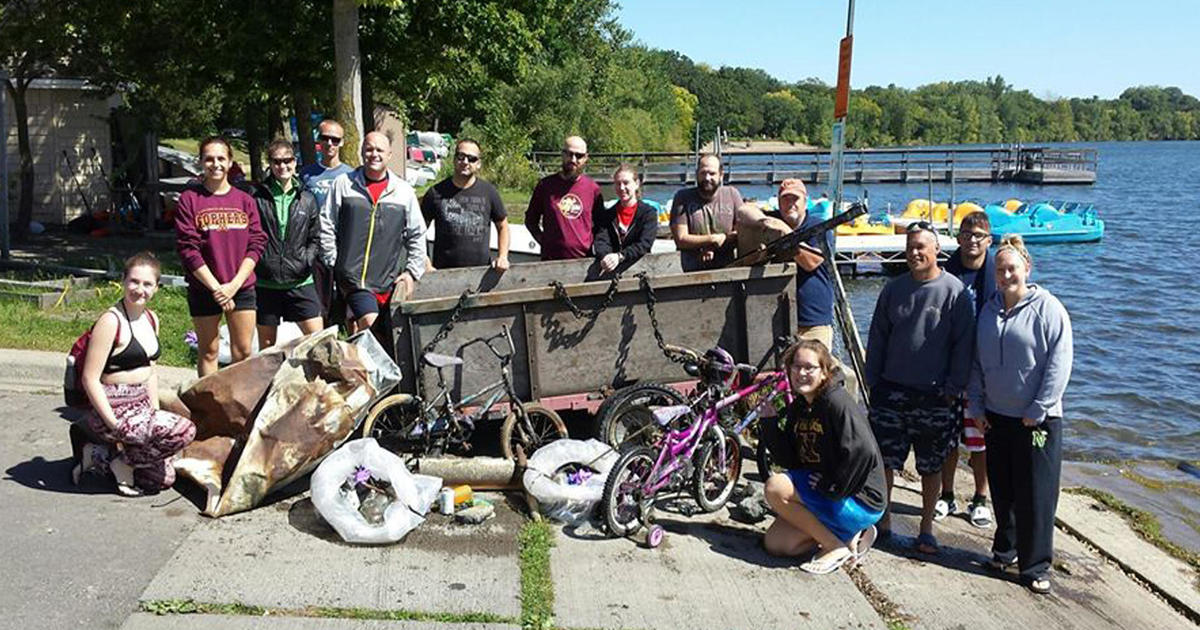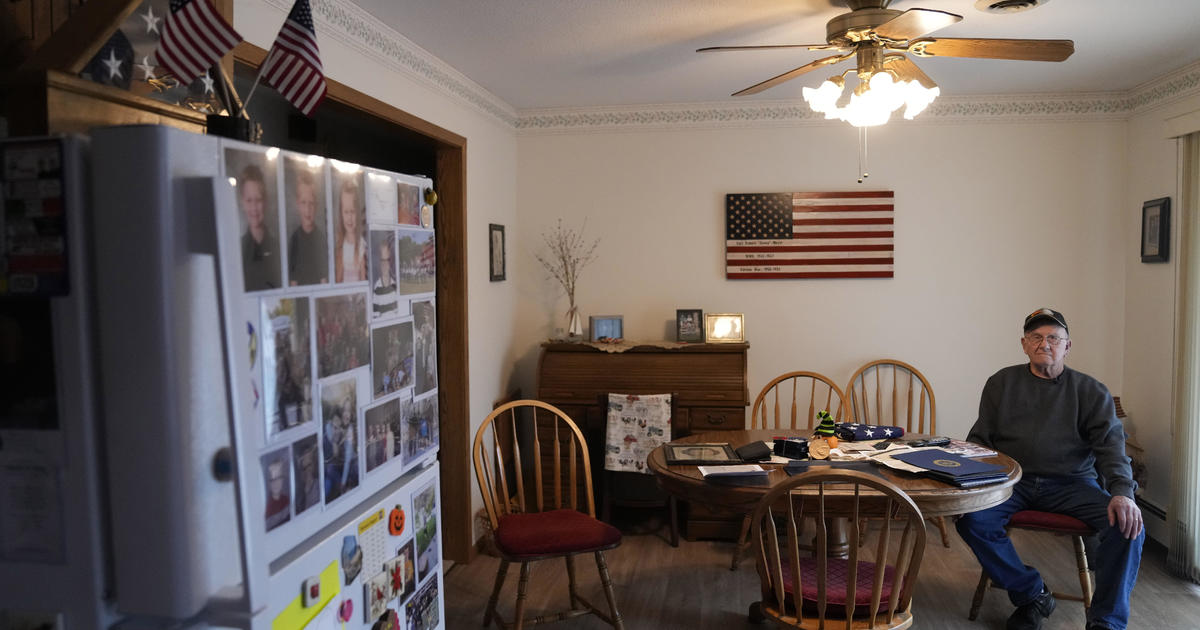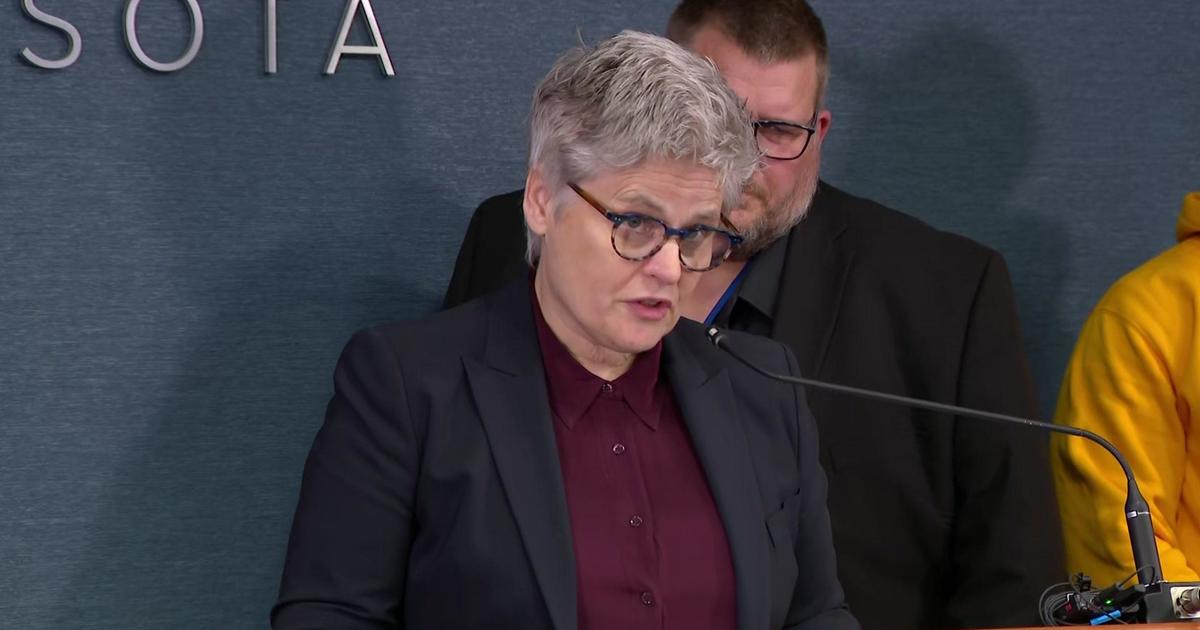Appeals Court: Man 'Pursued' Deer While In Blind
MINNEAPOLIS (AP) — The Minnesota Court of Appeals ruled Monday that a man who had a loaded weapon while he was concealed in a deer blind was "pursuing" deer under state law — and that he needed a hunting license.
The ruling stems from a 2011 case in which Roger Schmid was cited in Stearns County for hunting without a license, after a Department of Natural Resources officer found him sitting on an all-terrain vehicle in a camouflage deer blind during the hunting season, armed with a loaded 12-gauge, scoped shotgun.
Schmid appealed his conviction, claiming he was not "pursuing" deer because he wasn't directly chasing or tracking game.
But the Appeals Court disagreed, saying deer hunting involves entering the animal's habitat, anticipating when a deer will come, and waiting to take a shot. While the state statute doesn't define the word "pursuing," the judges said intentionally intercepting and awaiting prey constitutes pursuit under state law.
"Pursuit of course can mean physically chasing, but it would be silly to limit it to that meaning, especially in the deer-hunting context," Appeals Court Judge Kevin Ross wrote.
Schmid's attorney, John Neal, had no immediate comment on Monday's ruling, but said he hadn't yet talked with Schmid and wasn't sure whether they would appeal.
The Appeals Court said the word "pursue" is nuanced in the context of hunting, and noted that hunting methods vary depending on the animal being sought. In turkey hunting, for example, the hunter enters the woods and searches for markings, scares a flock so the turkeys flee. The hunter then doesn't chase the birds, but waits for hens as they return.
"In the hunting context, it would be absurdly literal to say that his initially entering the flock is 'pursuing' while his waiting under cover for a returning bird is not," Ross wrote.
The judges said they believe the Legislature understood the different methods of hunting when it created the law.
"Fairly and reasonably applying the statute to deer hunting, pursuit occurs when the hunter has taken action to close the distance between himself and the deer by entering its habitat to shoot it; that the hunter intentionally intercepts his prey rather than overtakes it from behind does not disqualify the conduct as pursuit," the ruling said.
At the time of the incident, Schmid told the DNR officer that he had shot a deer the night before, but the officer noted Schmid's license lacked a bonus permit to shoot a second deer. So the officer cited him. Schmid then offered other explanations, saying he was hunting in a party with others, that he was nature watching and that he was coyote hunting.
At trial, Schmid and his wife claimed he wasn't hunting, but was waiting to pick up the deer he shot the night before. The Appeals Court said the conflicting explanations created credibility issues, and Schmid's intent could be inferred from the circumstances.
(© Copyright 2013 The Associated Press. All Rights Reserved. This material may not be published, broadcast, rewritten or redistributed.)



